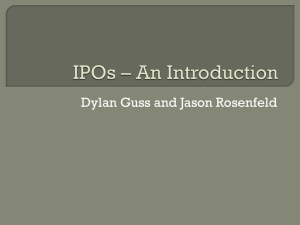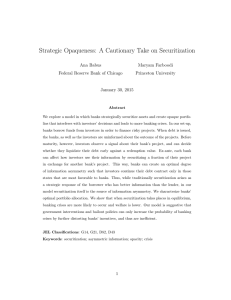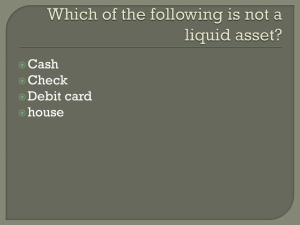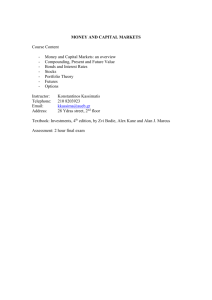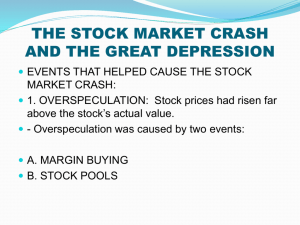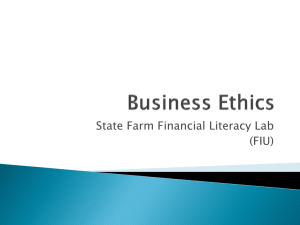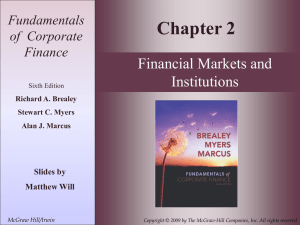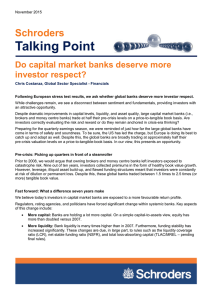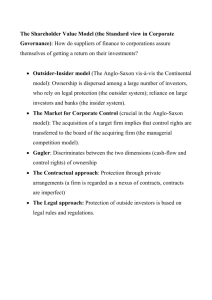BBC Learning English
advertisement
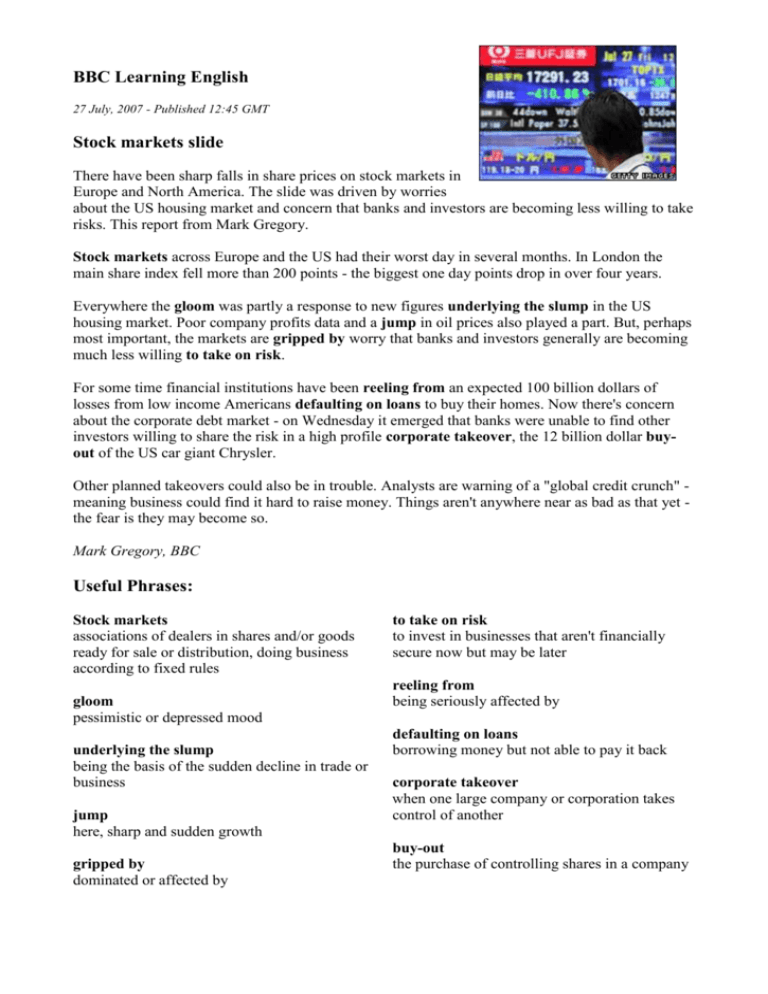
BBC Learning English 27 July, 2007 - Published 12:45 GMT Stock markets slide There have been sharp falls in share prices on stock markets in Europe and North America. The slide was driven by worries about the US housing market and concern that banks and investors are becoming less willing to take risks. This report from Mark Gregory. Stock markets across Europe and the US had their worst day in several months. In London the main share index fell more than 200 points - the biggest one day points drop in over four years. Everywhere the gloom was partly a response to new figures underlying the slump in the US housing market. Poor company profits data and a jump in oil prices also played a part. But, perhaps most important, the markets are gripped by worry that banks and investors generally are becoming much less willing to take on risk. For some time financial institutions have been reeling from an expected 100 billion dollars of losses from low income Americans defaulting on loans to buy their homes. Now there's concern about the corporate debt market - on Wednesday it emerged that banks were unable to find other investors willing to share the risk in a high profile corporate takeover, the 12 billion dollar buyout of the US car giant Chrysler. Other planned takeovers could also be in trouble. Analysts are warning of a "global credit crunch" meaning business could find it hard to raise money. Things aren't anywhere near as bad as that yet the fear is they may become so. Mark Gregory, BBC Useful Phrases: Stock markets associations of dealers in shares and/or goods ready for sale or distribution, doing business according to fixed rules gloom pessimistic or depressed mood underlying the slump being the basis of the sudden decline in trade or business jump here, sharp and sudden growth gripped by dominated or affected by to take on risk to invest in businesses that aren't financially secure now but may be later reeling from being seriously affected by defaulting on loans borrowing money but not able to pay it back corporate takeover when one large company or corporation takes control of another buy-out the purchase of controlling shares in a company
